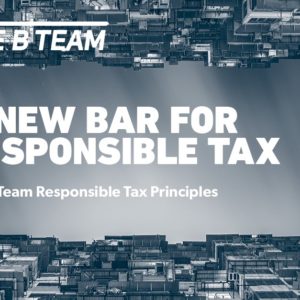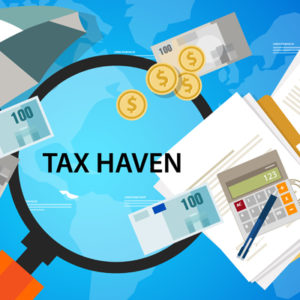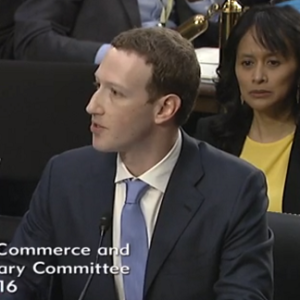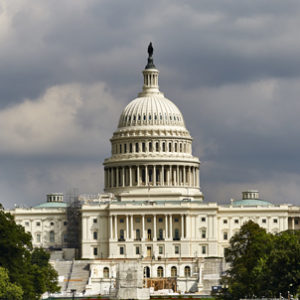
Perilous Position: The U.S. Must Strengthen Transparency Laws for the Sake of National Security
These past few months, the fight against illicit finance received excellent news — the U.K. Government moved to require their Overseas Territories to disclose the real owners of companies they incorporate. Those territories include tax haven A-listers like Bermuda, the Cayman Islands, and the British Virgin Islands. These critical legislative actions taken by the British Government should similarly be adopted by the U.S. Congress — lest America risk becoming the favorite haven for dirty money.






